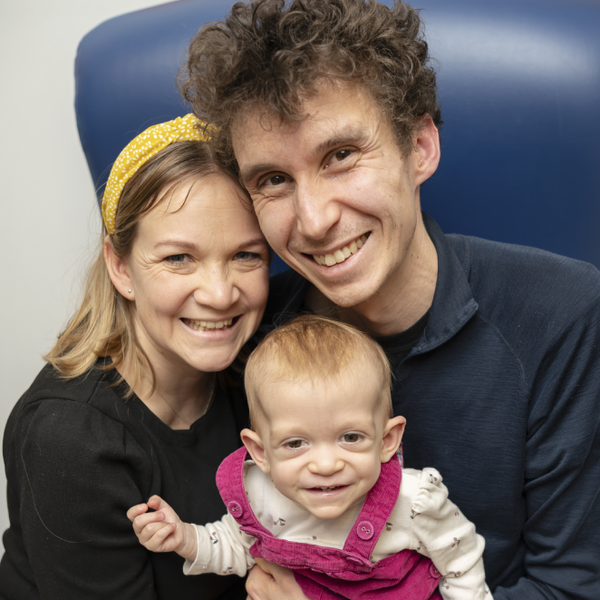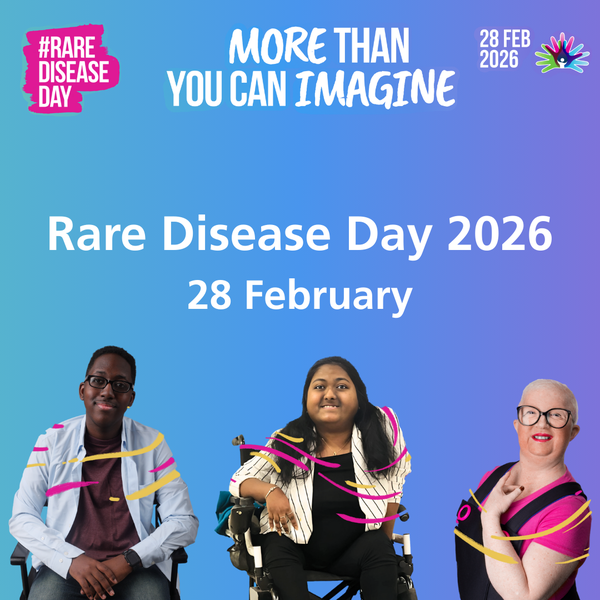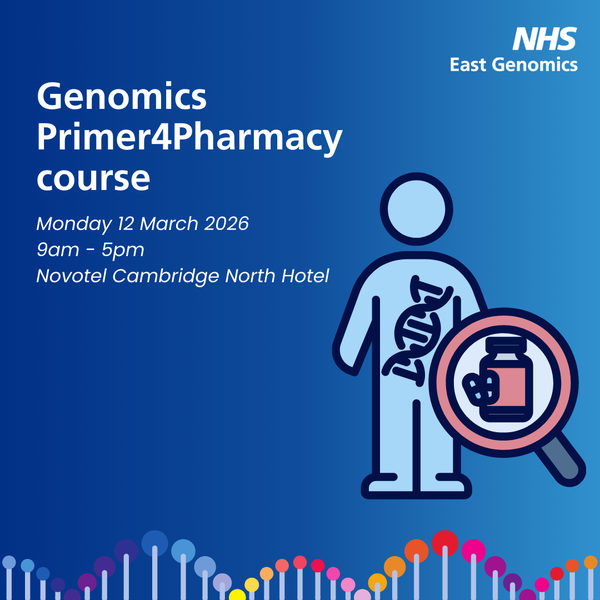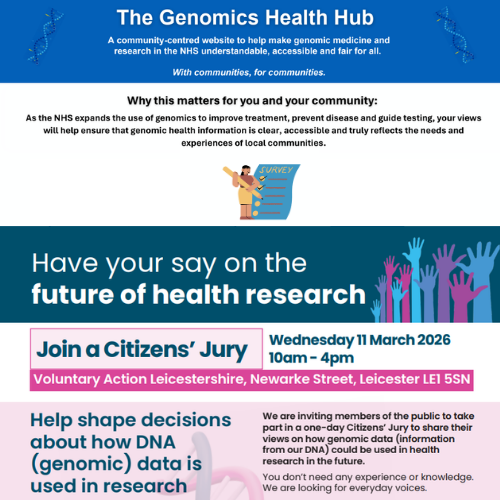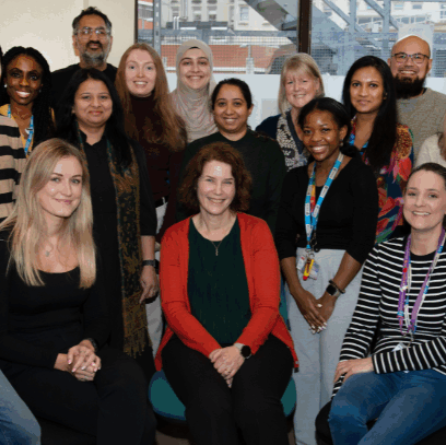Featured news
All news
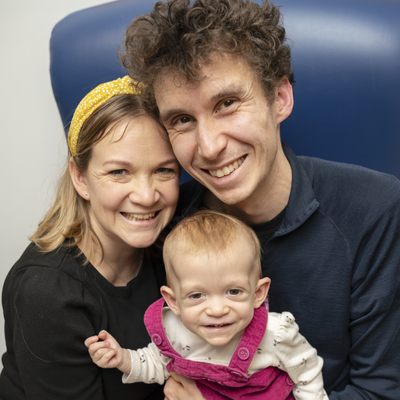
Genomic study helps detect baby’s rare growth condition
Baby Safi started treatment for a rare growth condition after participating in the Generation Study, a national genomic screening study
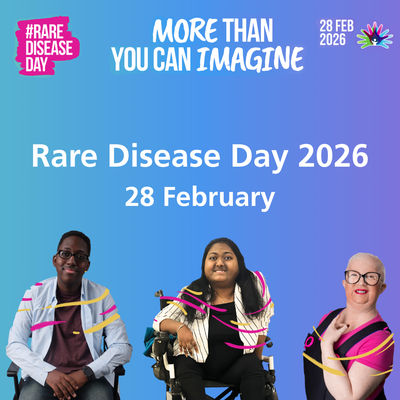
Rare Disease Day (28 Feb) is nearly here
Rare Disease Day is a globally coordinated movement dedicated to rare diseases, striving for equity in social opportunities, healthcare, and access to diagnosis and therapies for people living with a rare disease.
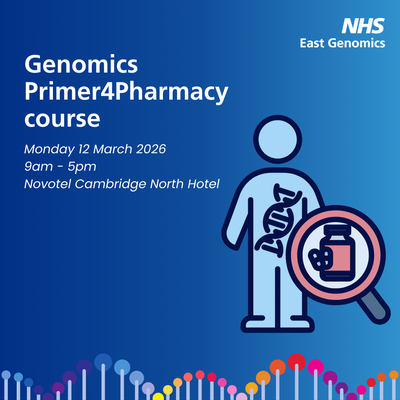
Genomics Primer4Pharmacy course
We have an exciting opportunity for those working in pharmacy in the East Genomics region (East Midlands and East of England) to attend a one day Genomics Primer4Pharmacy course.
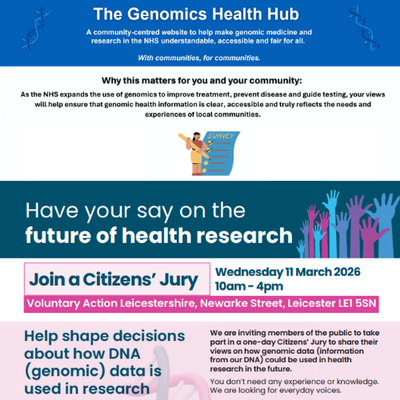
Public and patient involvement opportunities
Here are details of a couple of great opportunities for patients and the public in the East Midlands and East of England to get involved and help shape decisions about genomics in our region.

National Cancer Plan launched
The National Cancer Plan, launched on 4 February 2026, sets out England’s next major phase of change to improve cancer outcomes over the coming decade.
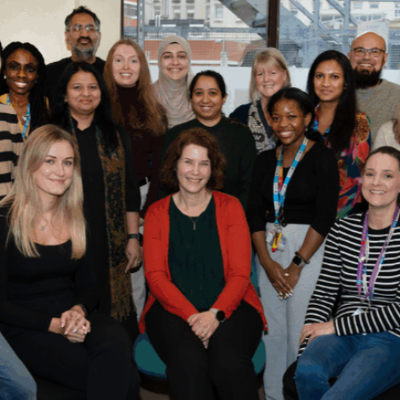
Leukaemia testing in Leicester helps patients to access tailored treatments
By offering IDH1 testing in AML, the lab are helping people to access targeted treatments sooner
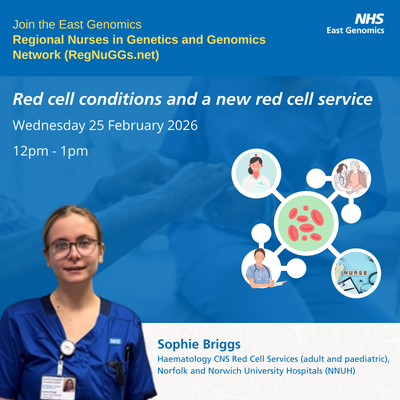
Regional Network for Nurses - Red Cell Conditions
Join us on Wednesday 25 February 2026 to hear Sophie Briggs, Haematology CNS Red Cell Services, NNUH give an overview of red cell conditions and introduce a new red cell service.
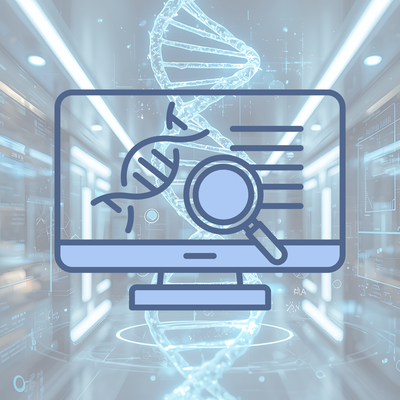
Thousands at risk of inherited cancers to receive regular NHS checks through world-first genetics programme
Thousands of people at higher risk of developing cancer due to inherited faulty genes will be regularly checked and tracked by the NHS thanks to a first-of-its-kind national genetics programme.
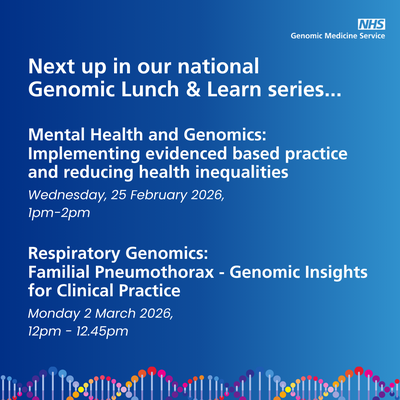
Join our national Lunch & Learn series
Genomics is transforming healthcare - and it’s no longer a niche subject. From diagnosis to personalised treatment, genomic knowledge is becoming essential across all clinical roles.
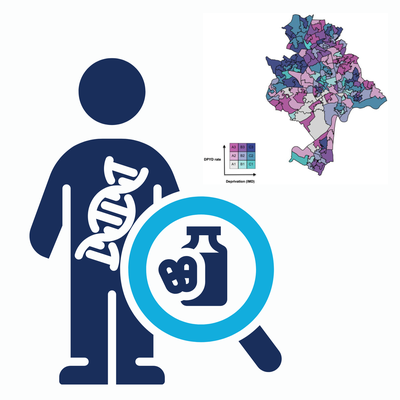
Study finds 7% of cancer patients carry genetic variants that increase chemotherapy risk — but access to testing appears equal
A new real‑world study from Nottingham University Hospitals has found that around 7% of cancer patients carry DPYD gene variants that can make standard chemotherapy drugs significantly more toxic. These drugs - including 5‑fluorouracil (5‑FU) and capecitabine - are widely used to treat cancers such as colorectal, breast, and pancreatic cancer.
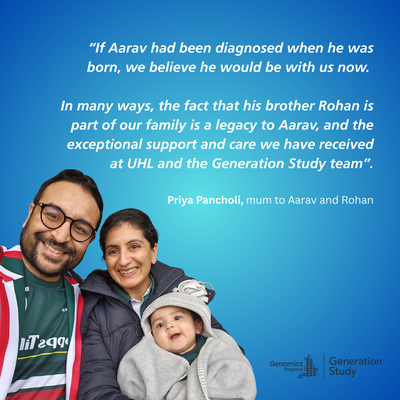
Genomic newborn screening open to families at Nottingham University Hospitals
Parents of babies born at NUH will now be offered screening to look for over 200 rare conditions through the Generation Study.
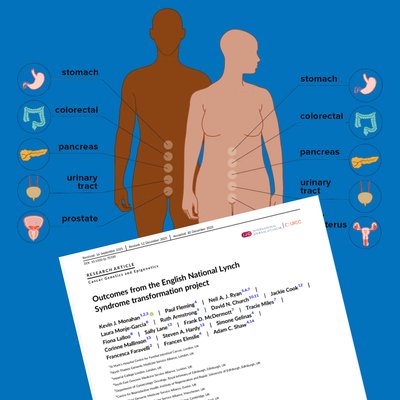
International spotlight on the NHS England National Lynch Syndrome Transformation Project
A report on the national Lynch Syndrome Transformation Project has recently been published by the International Journal of Cancer.
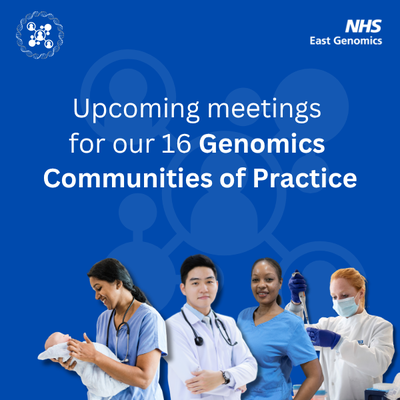
Upcoming Genomics Community of Practice sessions
Here at East Genomics we support 16 Genomics Communities of Practice across cancers and rare and inherited conditions. In 2025 we ran 119 sessions attended by over 1,400 healthcare staff across our region. Our series continues in 2026...
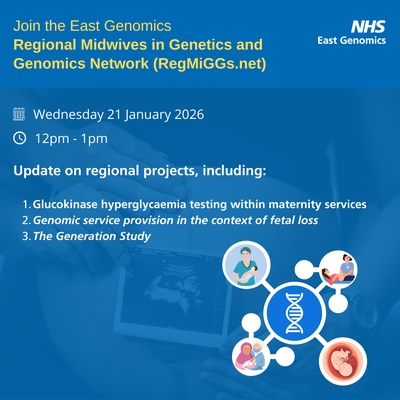
Regional Midwives in Genetics and Genomics Network (RegMiGGs.net) - January 2026
RegMiGGs.net brings together regional midwifery professionals, educators and those in specialist roles that support the embedding of genomics in maternity services.
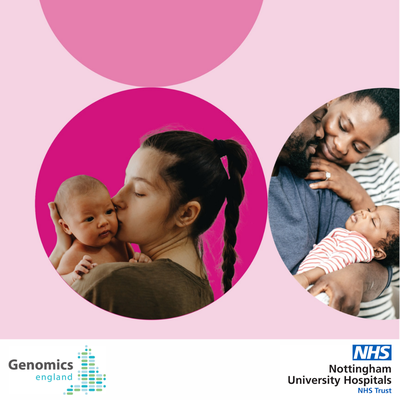
Nottingham University Hospitals now recruiting families to the Generation Study
Parents of babies born at NUH hospitals will now be offered screening to look for over 200 rare conditions as part of a national study seeking to identify treatable genetic conditions in newborn babies, which may otherwise have gone undiagnosed, and which could lead to earlier treatment.
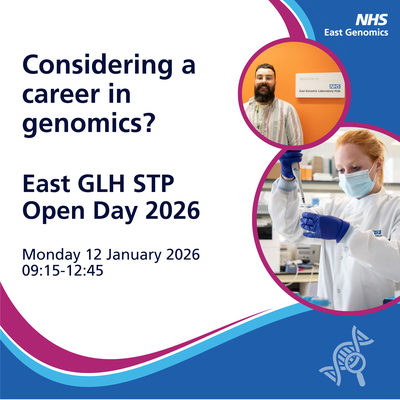
Register for our East Genomic Laboratory Hub STP Open Day
Are you interested in a career in genomics? Or thinking about applying to the Scientist Training Programme (STP)?
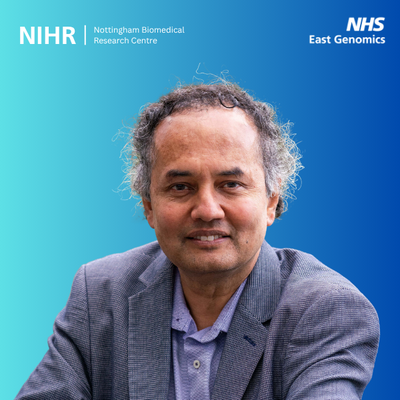
Our Medical and Rare Lead, Professor Guru Aithal, appointed Deputy Director of the NIHR Nottingham Biomedical Research Centre
Congratulations to our Medical and Rare Lead, Guru, on his recent appointment.
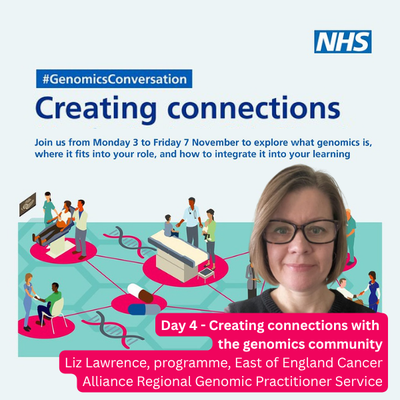
Genomics Conversation Week 2025 - Day 4 - Creating connections through the East of England Genomic Practitioner Service
The Regional Genomic Clinical Practitioner Service are working across the East of England Cancer Alliances geography to deliver the genomics agenda, facilitate, support and engage with primary and secondary care colleagues to develop pathways and embed genomic testing and/or advice for all service users in cancer care.
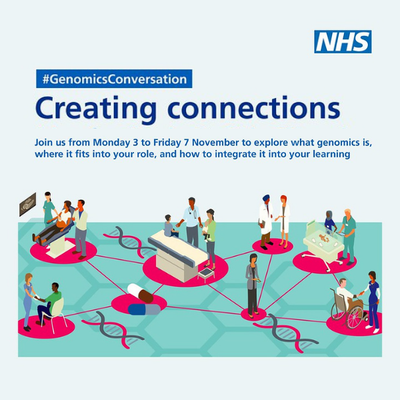
Genomics Conversation Week 2025 - Day 4
The theme for Day 4 of Genomics Conversation Week 2025 is 'Creating connections with the genomics community'. This article should hopefully support you to build links with genomics advisers / champions and networks, to support you further in making genomic medicine a central part of your role.
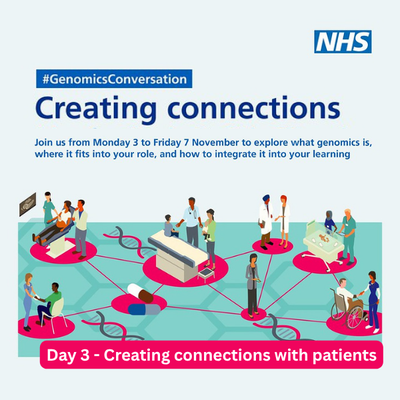
New Online Health Hub To Tackle Inequalities in Genomic Healthcare announced
A strategic partnership with the NHS North Thames Genomic Medicine Service (NT GMS) designed to ensure better access, understanding and information to genomic medicine and research has been announced by the NHS Race and Health Observatory.

